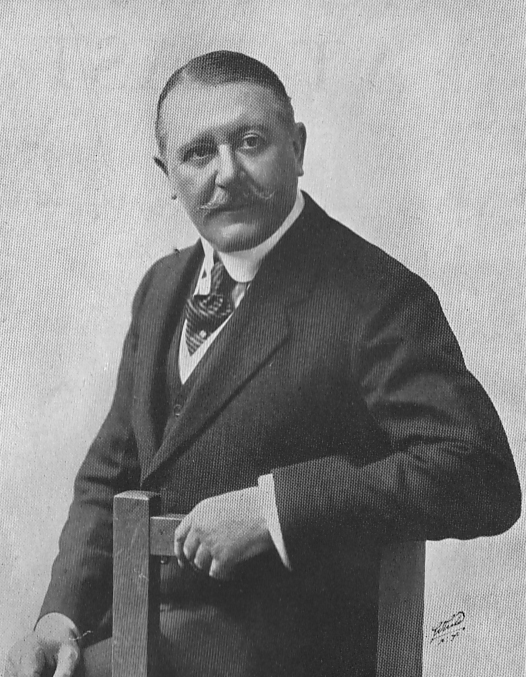1924
The Truth at Last
 |
|
Sir Charles Henry Hawtrey (1858-1923), a comic actor and theatre manager,
gives an apparently eye-witness account of the first night of Wilkie's
short-lived play Rank and Riches at the Adelphi on 9 June 1883. Hawtrey was not in the play (though some accounts wrongly say he was) but he
appeared in its successor Camille which was hastily put on to
replace Rank & Riches which was taken off on 16 June after just six performances.
Camille did little better, surviving just seven nights. Hawtrey is not
a completely reliable witness - putting the month at April and wrongly
giving the title of the replacement play as La Dame aux Camelias.
Somerset Maugham, introducing his autobiography, says "He was by passion a
racing man and only by necessity an actor. I think he forgot the name of
half the characters he played, but never that of a horse he backed." This
extract concludes with Wilkie's own comment on Hawtrey's acting in
Camille. |
About this time, April I think it was, Edgar Bruce took the
Adelphi Theatre and produced a play by Wilkie Collins called Rank and Riches,
in which Miss Lingard played the principal character. Bruce was very confident
about the success of this play, and told me several times that Wilkie Collins
had never made a failure in his life with his plays. I do not remember very much
what it was about, but I know G. W. Anson played what was called a "bird doctor"
in it, and he had his pockets full of bird seed, which he scattered about. The
play had not got through the first ten minutes or quarter of an ho8r, before a
most terrific uproar arose. It did not at all please the audience, who were very
rough in those days when they were not interested or amused, and they shouted
and hissed and booed, and it was with great difficulty that the play could go
on. Poor Miss Lingard was reduced to tears, and eventually the curtain fell at
the end of the first act toa discordant howling, hooting and hissing, with
tremendous counter-cheering from the partisans of Wilkie Collins and Edgar
Bruce. I had never witnessed anything like this before, and I must say it amused
me hugely. I wished it would go on, never thinking of course that it was a
brutal thing to wish, as i did not fully realize the agonies the poor people on
the stage were suffering.
Anson came forward and made a short speech, begging at last
for courtesy for Miss Lingard. But the audience contained some truculent folk
and they began the uproar again, when Anson wound up by shaking his fist and
telling the audience that they were a "lot of damned cads"-- an unfortunate
error on his part, however just his cause, as subsequently whenever he appeared
at any first night afterwards, he was greeted with storms of yells and boos; so
much so that he eventually left England and went to Australia to work there. He
was a very fine character actor, especially in rough parts, but I think he was a
pretty inferior stage manager, from what I can recollect of him.
Well, Rank and Riches very soon came off, and Edgar
Bruce revived La Dame aux Camelias at the Adelphi, with Miss Lingard in
the principal part...George Alexander, a young actor then and a charming
jeune premier, played Armand, the principal part, and I was cast for the
second, which was quite small. I had very little to do but was on during the
whole of the death scene, which was very trying. Anson, being stage manager,
could put himself where he liked, so stood with bowed head and folded arms with
his back to the audience throughout the whole of the scene, so that he did not
have to bother to portray and emotion beyond that shown by the curve of his
back. Unfortunately for me, I had to face the audience, looking at the dying
heroine. It was this remarkable performance of mine--for a I did not muscle of
an sort or kind and kept rigidly still with my eyes fixed on Miss Lingard--that
caused Wilkie Collins to send a message to Alexander to say, "For God's sake
tell the boy with the wooden face to turn his back to the audience!". But,
alas!, I was not allowed to do this. But I know that I caused an enormous amount
of amusement to the few people who came to see the play.
The Truth at Last, Thornton Butterworth, London
[1924], pp.109-111.
go back to biographies list
go back to Wilkie Collins front page
visit the Paul Lewis front page
All material on these pages is © Paul Lewis 1997-2013
